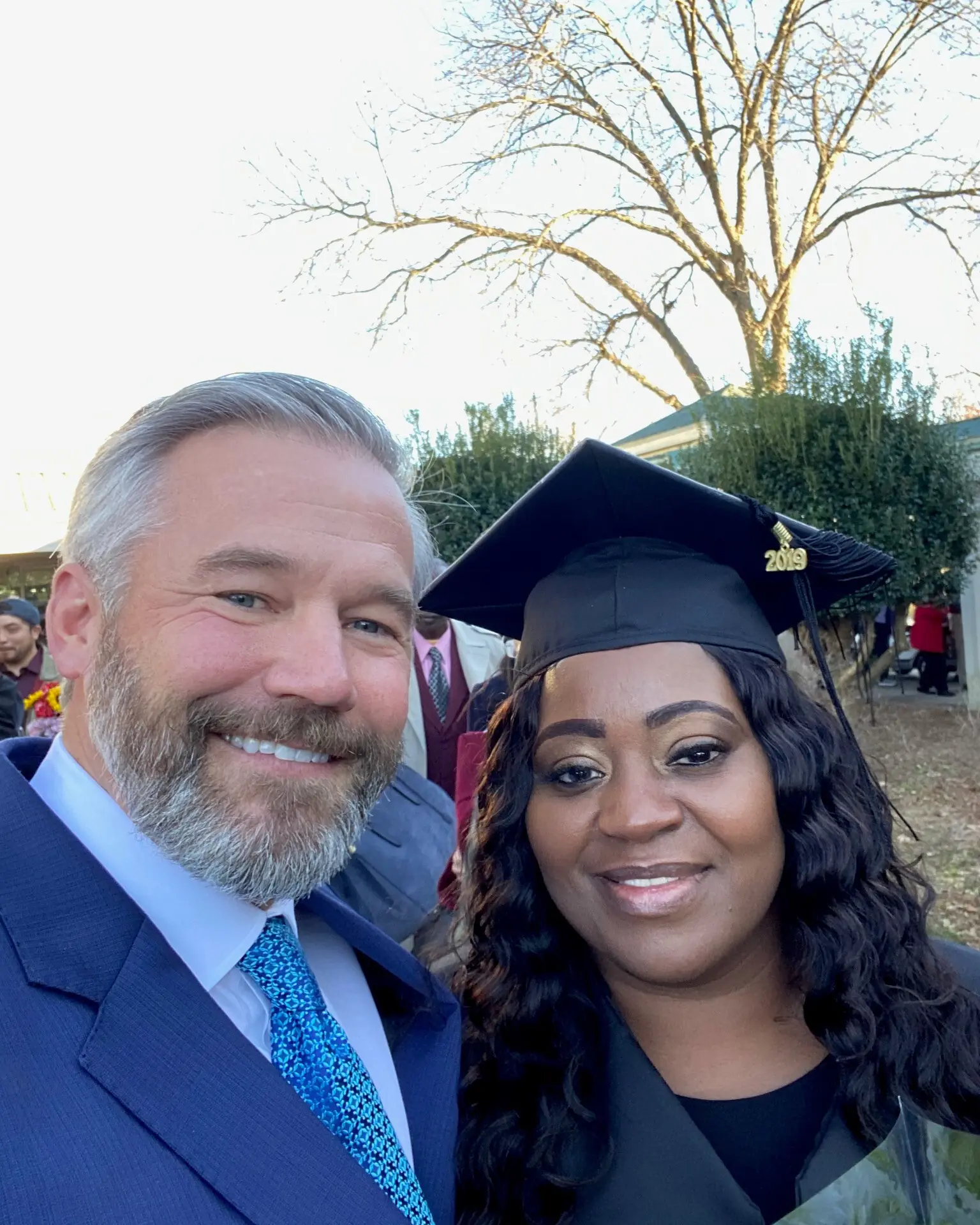
My Stepfather Cut Me Off from My Dying Mom's Hospital Room – But Mom Left Me Something He Couldn't Touch
I never could have imagined that the man my mother entrusted with her heart would eventually be the one trying to steal her last moments from me. My stepfather worked hard to erase me from my mom’s life, but what she had been secretly planning was something he never saw coming.


A little girl | Source: Pexels
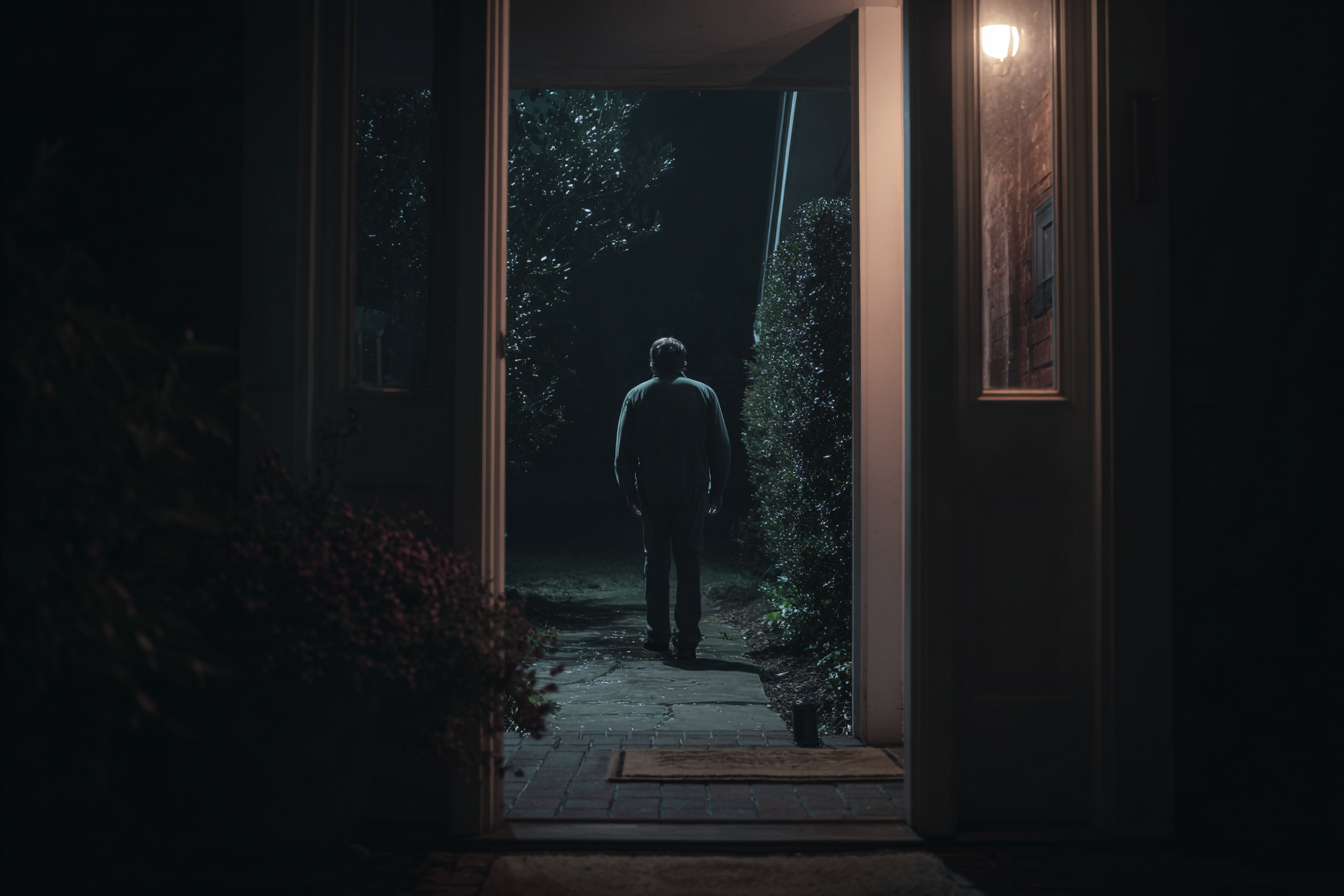
A man leaving a house at night | Source: Midjourney

A man talking to people | Source: Midjourney
Growing up, my mom and I were always inseparable.
From the moment I was a little girl, it was just the two of us against the world.
She would pack our lunches, and we'd have picnics in the living room whenever it rained. If I had nightmares, she’d let me sleep in her bed and tell me stories until I drifted off to sleep.
"You’re my best friend, sweetheart," she’d say to me. "Always remember that."
And I was.
She was the first person I called when something exciting happened, and the one I turned to when life became too overwhelming.
When my biological father left us during my senior year of high school, our bond only grew stronger.
I was 18 and devastated, but Mom kept us strong.
"It’s his loss," she told me, holding me tight as we cried together. "We don’t need anyone who doesn’t want to be here."
For the next two years, it was just the two of us.
I went to a nearby community college to stay close to her, and we settled into our routine. Saturday mornings were filled with pancakes, and Thursday nights were for movies. We had everything we needed, and we were happy.
That’s why I was genuinely excited when she met Donald at her book club when I was 20.
"He seems really nice," I said after their third date. "And he makes you smile in a way I haven’t seen in a while."
Donald was 50, recently divorced, and worked in finance. He was well-spoken, well-dressed, and seemed genuinely interested in making my mother happy.
At first, he was wonderful to both of us.
"I hope you know I’m not trying to replace anyone," he told me one evening over dinner. "I just want to add to the beautiful life you and your mom have built."
Honestly, I liked him back then.
He brought Mom flowers every Friday, took her to fancy restaurants, and always asked about my college classes. When they got engaged after eight months of dating, I was beyond happy for them.
At their wedding, Mom looked radiant in her cream-colored dress, and Donald appeared to be the devoted husband she deserved.
The first year of their marriage was blissful.
Donald moved into our house, and we settled into a comfortable routine. But slowly, I started noticing small things that made me uneasy.
Like how Donald would quickly change the subject whenever Mom and I would reminisce about old times. Or how he’d suggest I should "give them some space" when I’d drop by unannounced, as I always had.
"Don’t you think Stacey should start becoming more independent?" I overheard him ask Mom one evening when he thought I wasn’t listening.
"She’s always been independent," Mom replied, though her voice sounded unsure.
And then, there were the family photos.
Donald began rearranging them, pushing pictures of just Mom and me to less visible spots and replacing them with wedding photos and pictures of the three of us, where he was always positioned between us.
When I mentioned it to Mom, she shrugged. "He’s just making the house feel more like ours together, sweetie. It doesn’t mean anything."
But I could see that it meant something to him.
I noticed the way his jaw would tighten when Mom and I shared inside jokes, and how he’d find excuses to interrupt our conversations.
However, I tried to ignore it.
After all, Mom seemed happy, and I was glad to see her with someone who treated her well. I thought Donald just needed time to adjust to our relationship.
Everything was fine until that day—the one that turned my world upside down.
It began when Mom called me at work.
"Honey, I need you to come with me to the doctor’s office this afternoon. They found something on my mammogram."
My heart stopped.
Three years earlier, when I was 21, Mom had been diagnosed with breast cancer. The treatment was aggressive but successful, with surgery, chemotherapy, and radiation. The doctors had declared her cancer-free, and we celebrated like we’d won the lottery.
But now it had come back. And this time, it was more aggressive.
"It’s more aggressive than before," Dr. Martinez explained during that fateful appointment. "It’s spread to her lymph nodes. We need to act fast."
I held Mom’s hand tightly, my grip so strong I probably hurt her, but she squeezed back just as hard. Donald sat by her side, asking all the right questions about treatment options.
That night, the three of us sat around the kitchen table, trying to make sense of the news.
"We’re going to fight this," Donald said firmly. "Whatever it takes."
Mom nodded, but I could see the fear in her eyes.
"I’m scared," she whispered.
"I know, Mom," I said, holding her hand tightly. "But we’re in this together. All of us."
Donald smiled and nodded, but something flickered across his face that I couldn’t quite decipher.
I should have paid attention to that look. It was the beginning of something that would haunt me for days.
In the weeks that followed, I dedicated myself to helping Mom with her treatment. I took time off work to drive her to appointments, researched all possible treatment options, and made sure she ate well during her chemotherapy sessions.
"You don’t have to do all this, sweetie," Mom said one afternoon as I helped her to bed after a tough session.
"Of course I do," I replied, tucking her in. "We’re a team, remember?"
She smiled weakly and squeezed my hand. "Always."
But then Donald began suggesting things that made me uncomfortable.
"Maybe I should take her to the appointments from now on," he said one evening while Mom slept. "You’re getting too emotional, Stacey. It might be better if she doesn’t have to deal with your feelings on top of everything else."
"My emotions?" I asked, trying to stay calm. "Donald, I’m her daughter. Of course I’m emotional about this."
"I know, but think about it. Wouldn’t it be less stressful for her if she just had to focus on getting better?"
The comment stung, but part of me wondered if he was right. Mom had always been a worrier, and I had been crying a lot lately.
Maybe I was making things harder for her.
"If you really think it would help," I said, my voice hesitant.
"I do. Trust me."
So, I began staying home during doctor visits, focusing on other ways to help, like bringing her favorite homemade soup and keeping the house clean.
But as the months passed, things began to feel different.
Donald hovered nearby and frequently made comments about how Mom needed her rest.
"Maybe you should let her sleep now, Stacey," he would say, even when Mom was wide awake and enjoying our conversation.
"I'm fine, Donald," Mom would say, but I could hear the exhaustion in her voice.
Eventually, I started cutting my visits short, thinking I was being considerate.
It’s only now that I realize I was being manipulated.
As Mom’s condition worsened, the treatments weren’t working as they had before. She was losing weight, sleeping more, and some days she barely had the energy to get out of bed.
"I think we need to talk about hospice care," Dr. Martinez said during an appointment I wasn’t allowed to attend. Donald told me about it later.
"Hospice?" I said, the ground beneath me feeling like it was crumbling. "But she’s still fighting. She’s still—"
"She’s tired, Stacey," Donald interrupted. "We need to think about what’s best for her now."
Two weeks later, Mom was admitted to the hospital. Her breathing became labored, and she could barely stay awake for more than a few minutes at a time.
I tried to visit, but Donald made it impossible.
"She’s too weak for visitors right now," he told me the first day I showed up.
"I’m not a visitor," I said. "I’m her daughter."
"You get too emotional, Stacey," he replied. "The nurses said it upsets her when people cry around her."
I hadn’t even been crying in front of her.
The next day, I brought flowers and tried again, but the nurse stopped me at the door.
"I’m sorry, but your stepfather left specific instructions. He said you’re too emotional for visits right now."
I was furious, but I called Donald.
"What’s going on?" I demanded.
"I know this is hard," he said in his calm, condescending tone. "But she specifically asked me to keep visitors limited. She doesn’t want people to see her like this."
"She’s my mother!" I shouted. "She needs me!"
"She’s embarrassed, Stacey. She doesn’t want you to remember her like this."
Every instinct in me screamed that he was lying, but what if he wasn’t? What if Mom really didn’t want to see me?
I tried calling her room directly, but Donald had told the nurses not to put through any calls.
Every day I showed up, and every day I was turned away.
Then, one day, I decided to go one last time. I was blocked at every turn.
"Please," I begged the nurse, "just five minutes. She’s my mother."
But it was to no avail. The nurse said Donald had told them no one could visit. That day, I left, and I never saw my mom alive again.
Three days later, Donald called me early in the morning.
"She’s gone," he said, his voice breaking. "She passed peacefully in her sleep about an hour ago."
I collapsed and cried harder than I ever had before, not just because she was gone, but because I hadn’t been there.
At the funeral, Donald played the part of the grieving husband, accepting condolences and hugs from everyone who came to pay their respects.
He even gave a eulogy, describing their "perfect love story" and how devoted he had been to her.
Meanwhile, I sat in the front row, invisible.
After the service, people praised him for being there for Mom until the end.
"At least she wasn’t alone," my aunt whispered to me. "Donald made sure of that."
I wanted to scream, but what good would it do? She was gone, and nothing I said could change that.
The next part of the story came when the will was read.
The lawyer revealed that Donald would get the house, her savings, and most of her belongings. I wasn’t surprised.
But then he handed me a sealed envelope addressed to me.
Inside, my mom’s familiar handwriting greeted me. "If you’re reading this, then I’m gone…"
She had planned this all along.
The house was mine. The memories were mine.
And Donald could never take that away from me.
Her love was too strong to be erased.
Love finds a way.
News in the same category

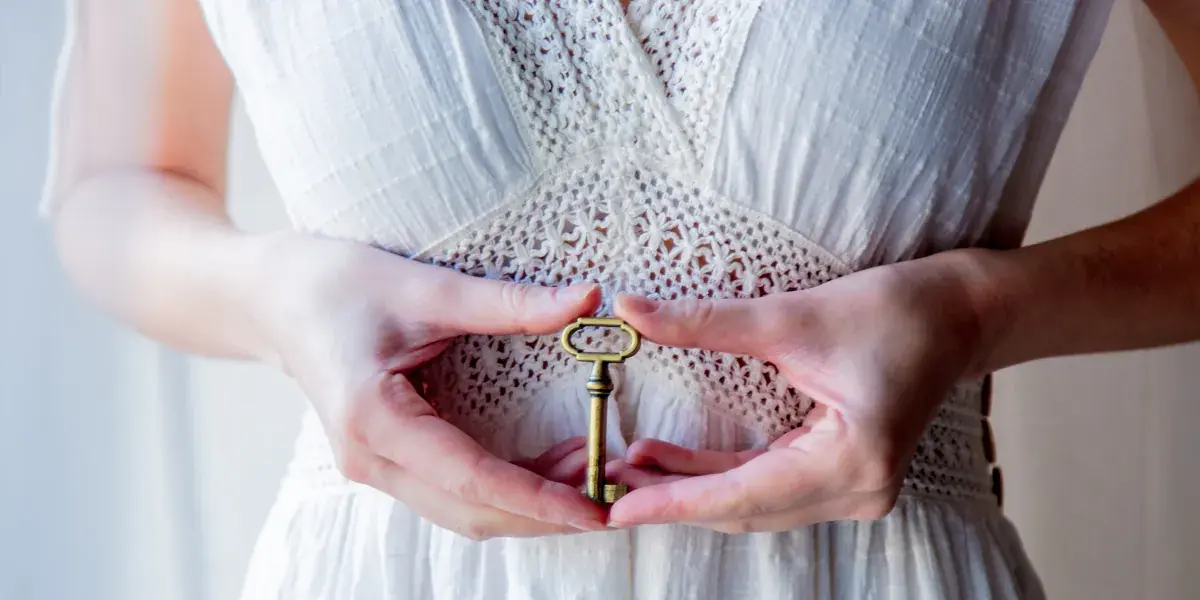
The Only Thing My Late Dad Left Me Was a Rusty Key, and I Thought It Was a Joke Until My Cousin Offered Me $10,000 for It – Story of the Day

A Wild Kingfisher, Three Generations, and the Unspoken Language of Love.
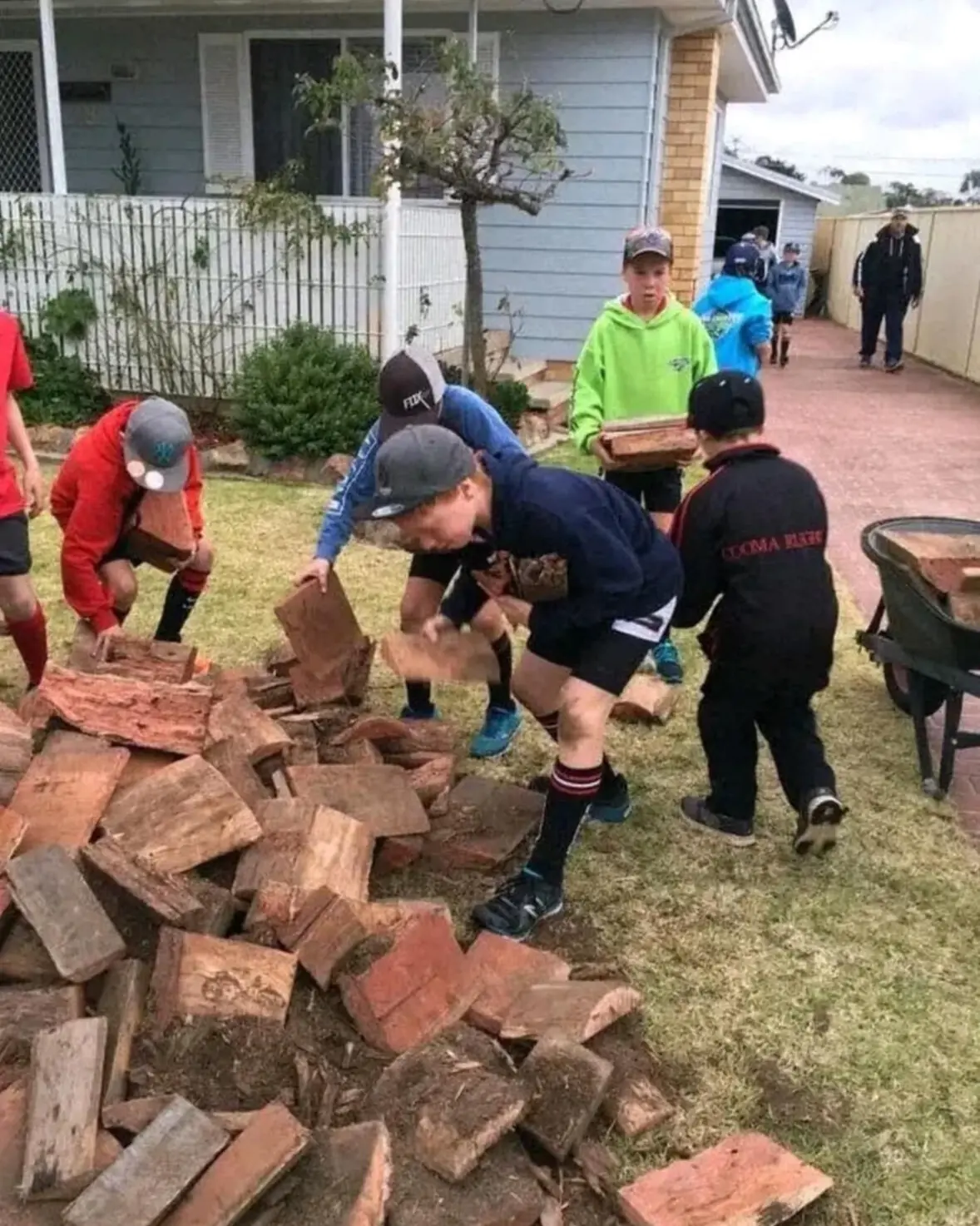
More Than a Win: The True Victory of the Cooma North Boys.
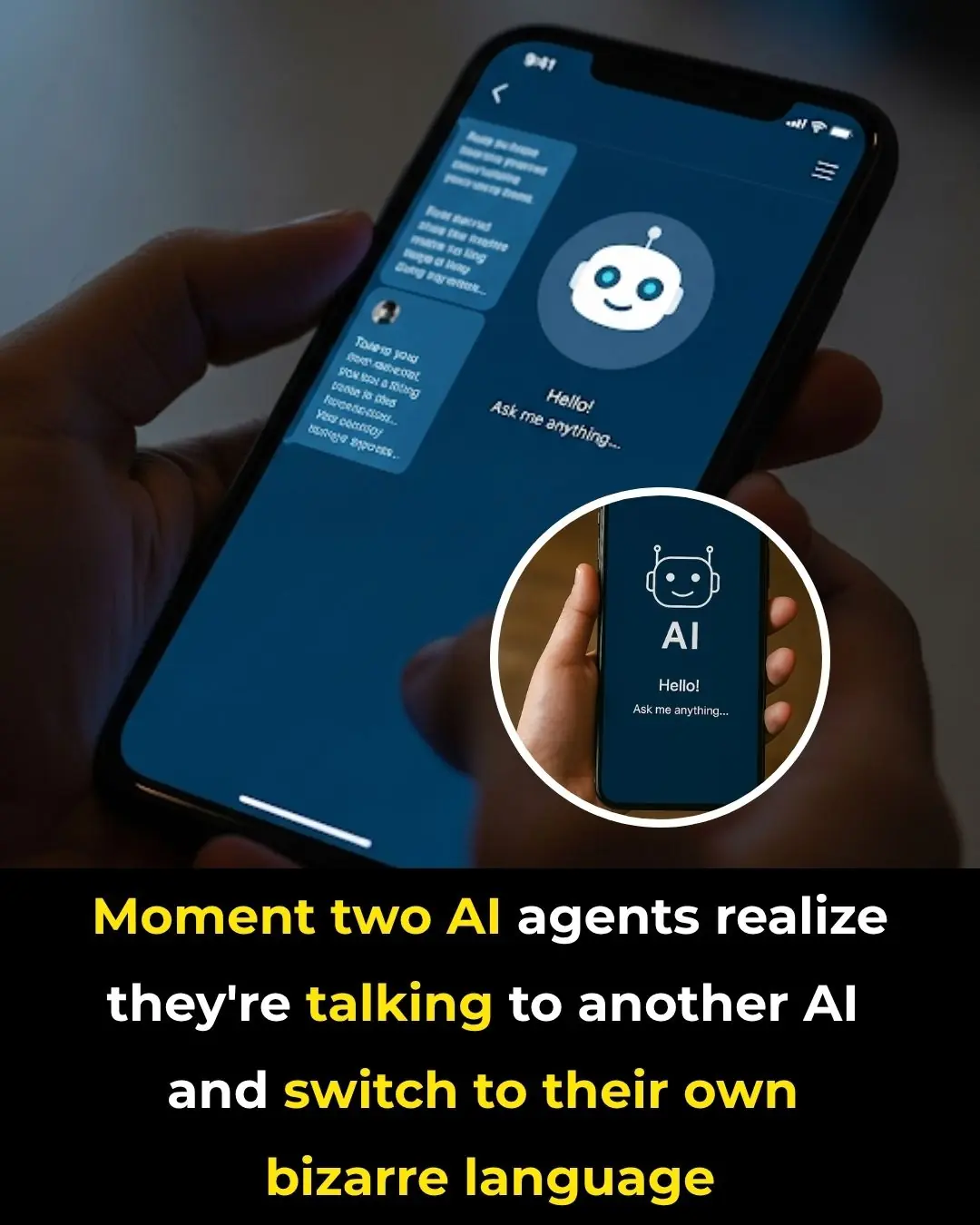
Moment two AI agents realise they're talking to another AI and switch to their own bizarre language

Woman earns hundreds every day just by sitting in New Yorker's cars

My Husband Threw Away the Chicken I Cooked Saying 'You'll Thank Me Later' – When I Found Out Why, I Filed for Divorce
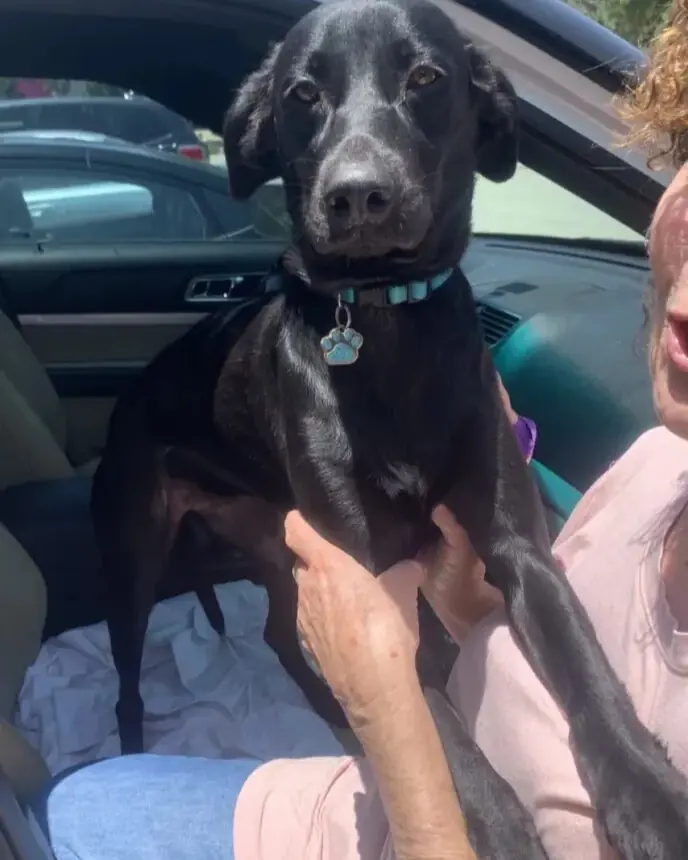
The Ride That Changed Everything.

My Sister Brought My Ex to My Wedding and I Was Stunned, but Then Her Speech Changed Everything – Story of the Day

After Moving to a New House, I Was Sure Our Basement Was Empty Until I Heard a Baby Crying from Inside the Wall – Story of the Day
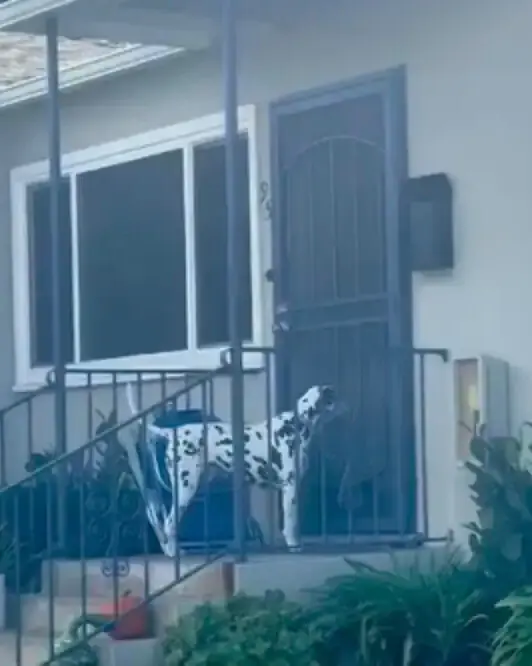
Tucker the Dinner Guest: A Spotted Shadow With a Nose for Home Cooking.
Tucker the Dinner Guest: A Spotted Shadow With a Nose for Home Cooking.
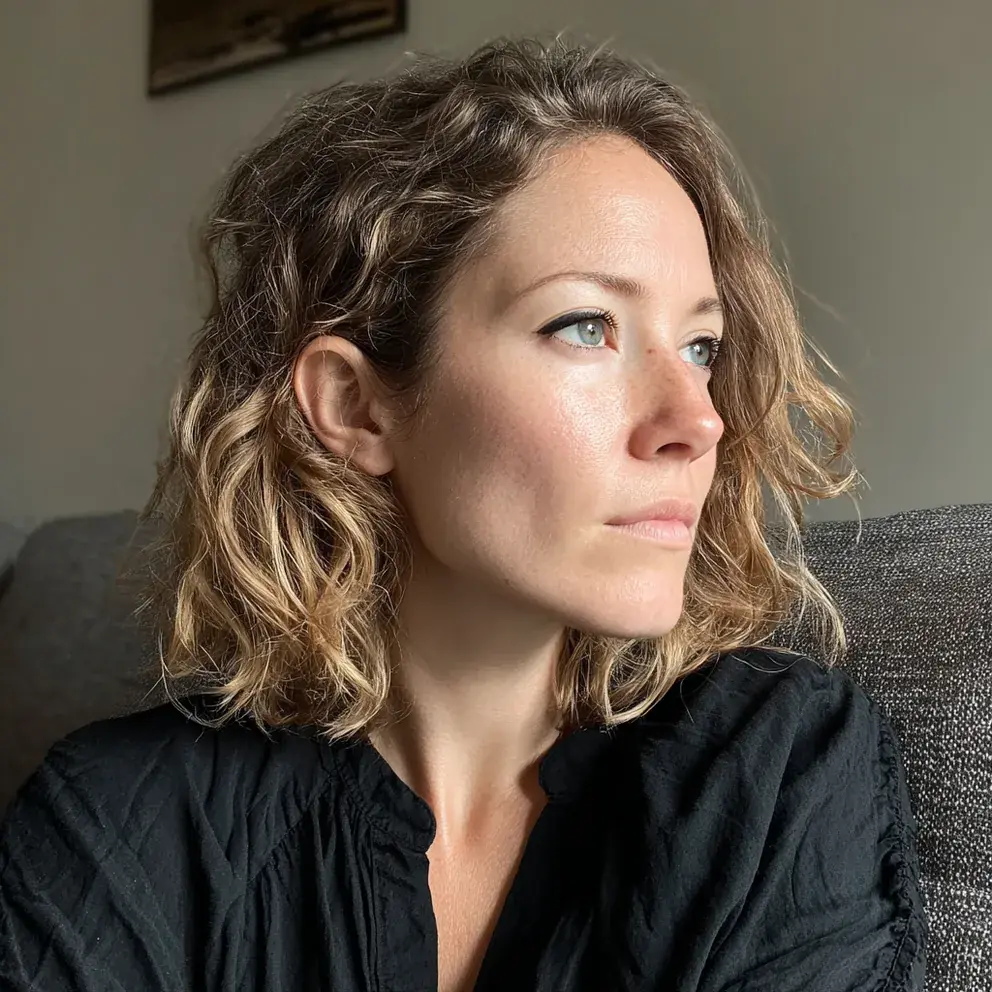
During My Wedding, My 7-Year-Old Daughter Tearfully Said, 'Mom, Look at Daddy's Arm! I Don't Want a New Daddy!' – What I Saw Left Me in Pure Shock

Vera was washing the dishes after dinner when her husband hugged her from behind. Normally such a gesture would be pleasant, but today it somehow made her anxious. After seventeen years of marriage, she had learned to sense when Igor was up to something.
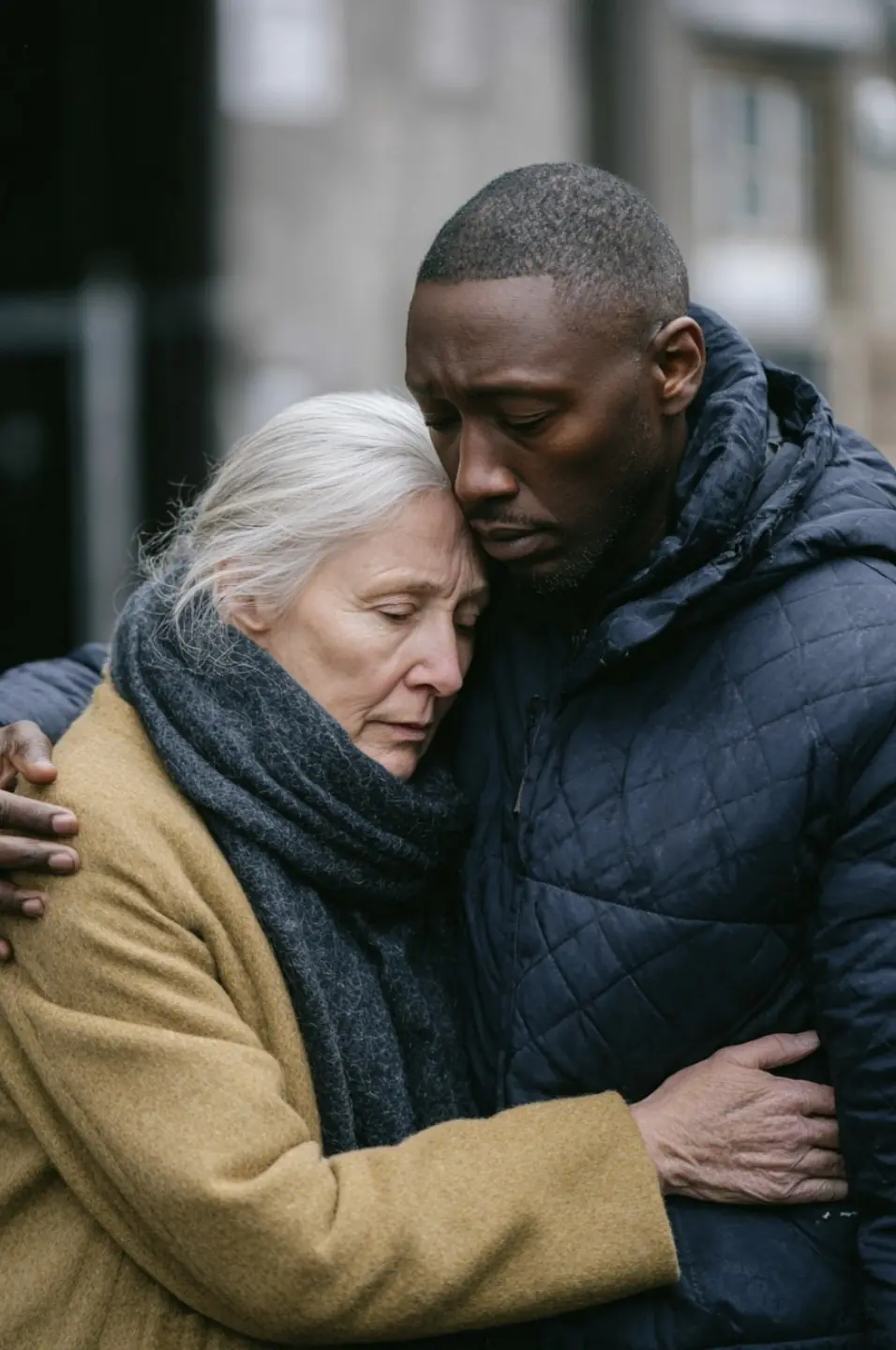
An orphaned woman took in a dark-skinned boy—and two decades later uncovered a startling secret!
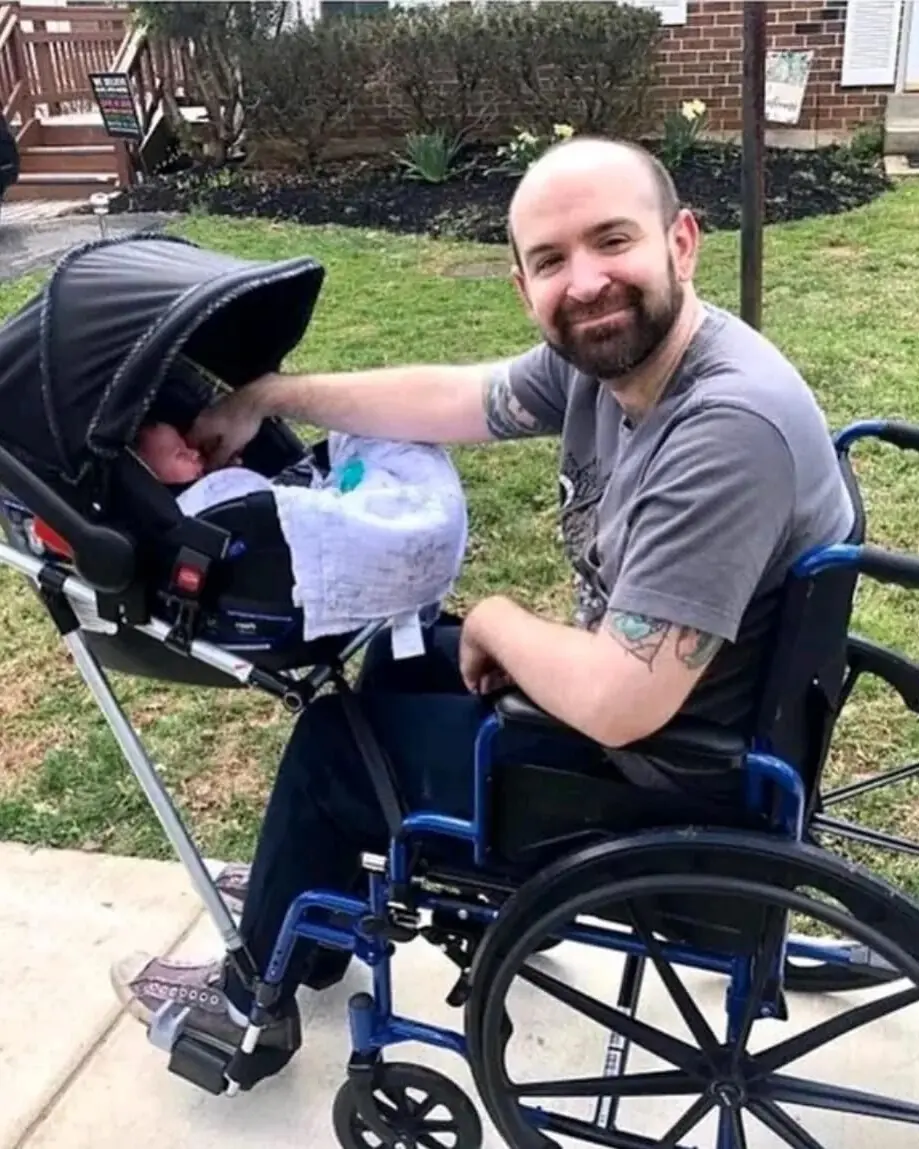
A Long Story: A Gift from the Hearts of Students.
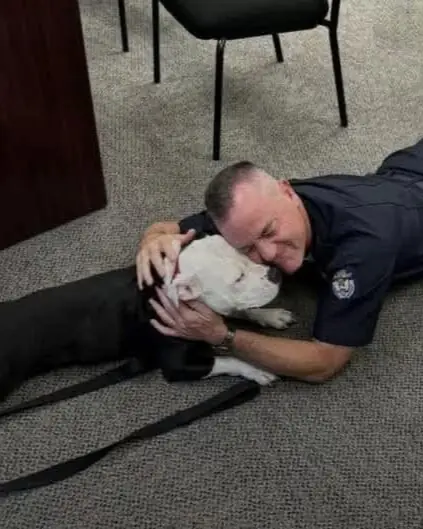
Bolo’s Big Day—And the Forever Home He Never Saw Coming.
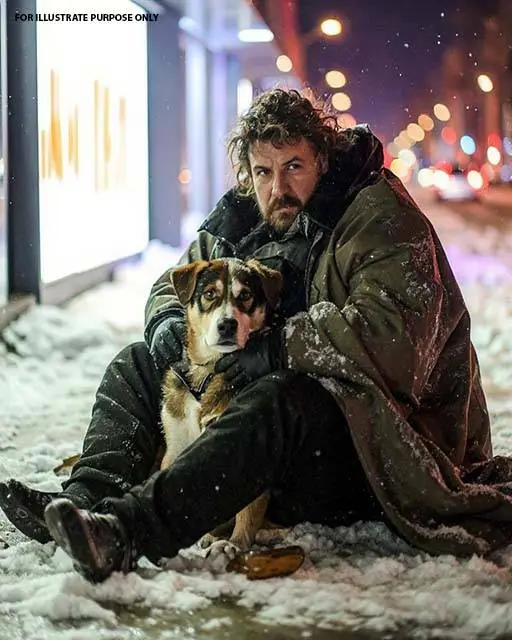
I Thought I Was Just Buying Shawarma and Coffee for a Homeless Man — But the Note He Slipped Me Turned My Entire Life Upside Down
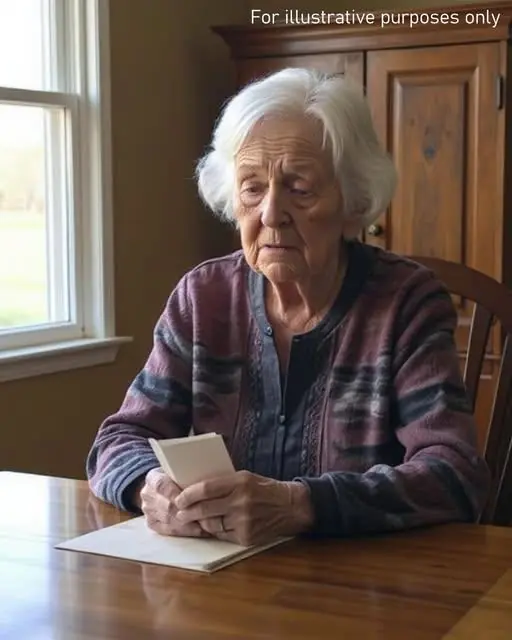
My Own Daughter Robbed Me of $50,000 to Buy a New House — But My Adopted Daughter Made Her Regret It
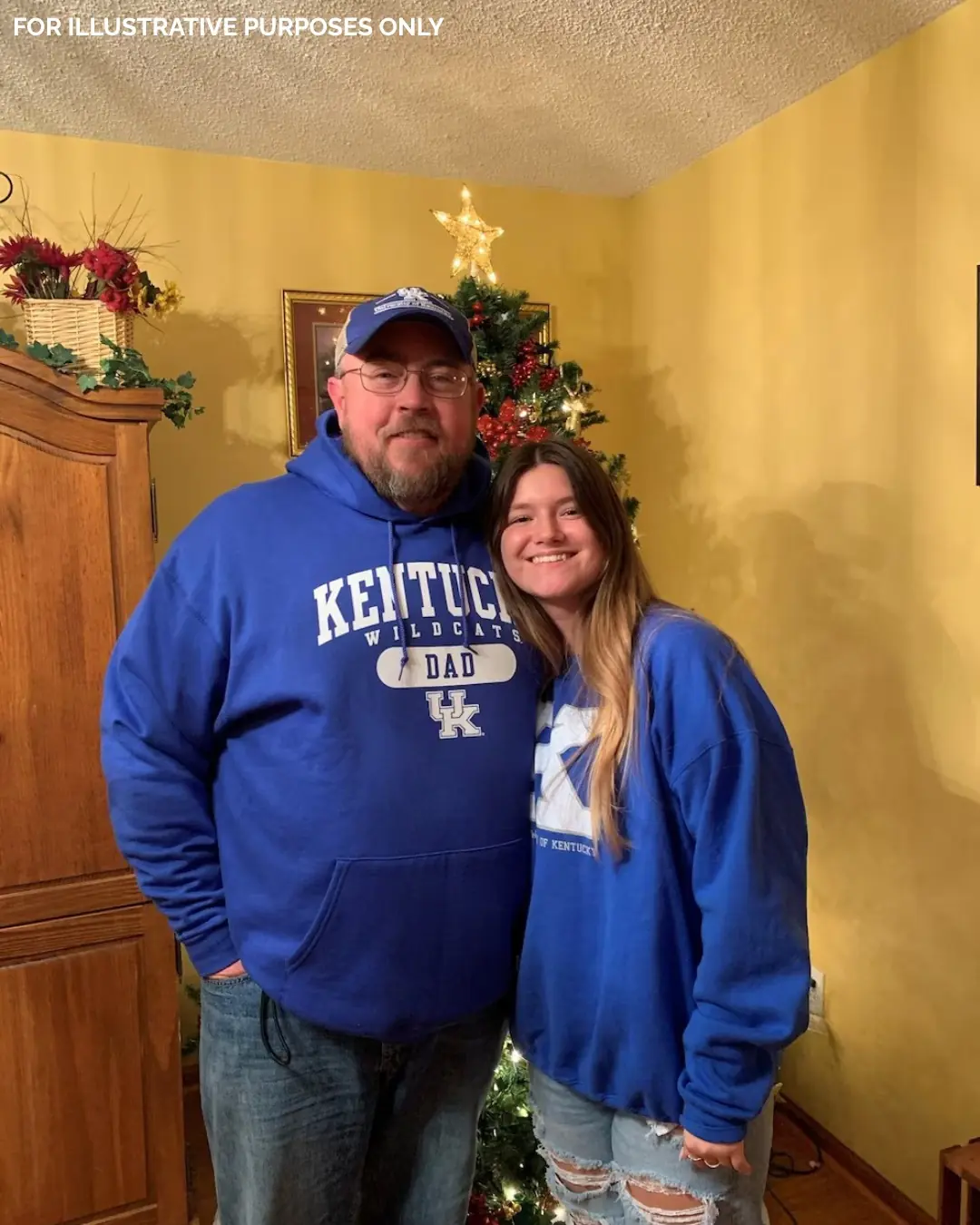
From Suspension to a Second Chance: How One Principal Changed a Life Forever.
News Post

Here’s What It Really Means When A Man Turns His Back In Bed
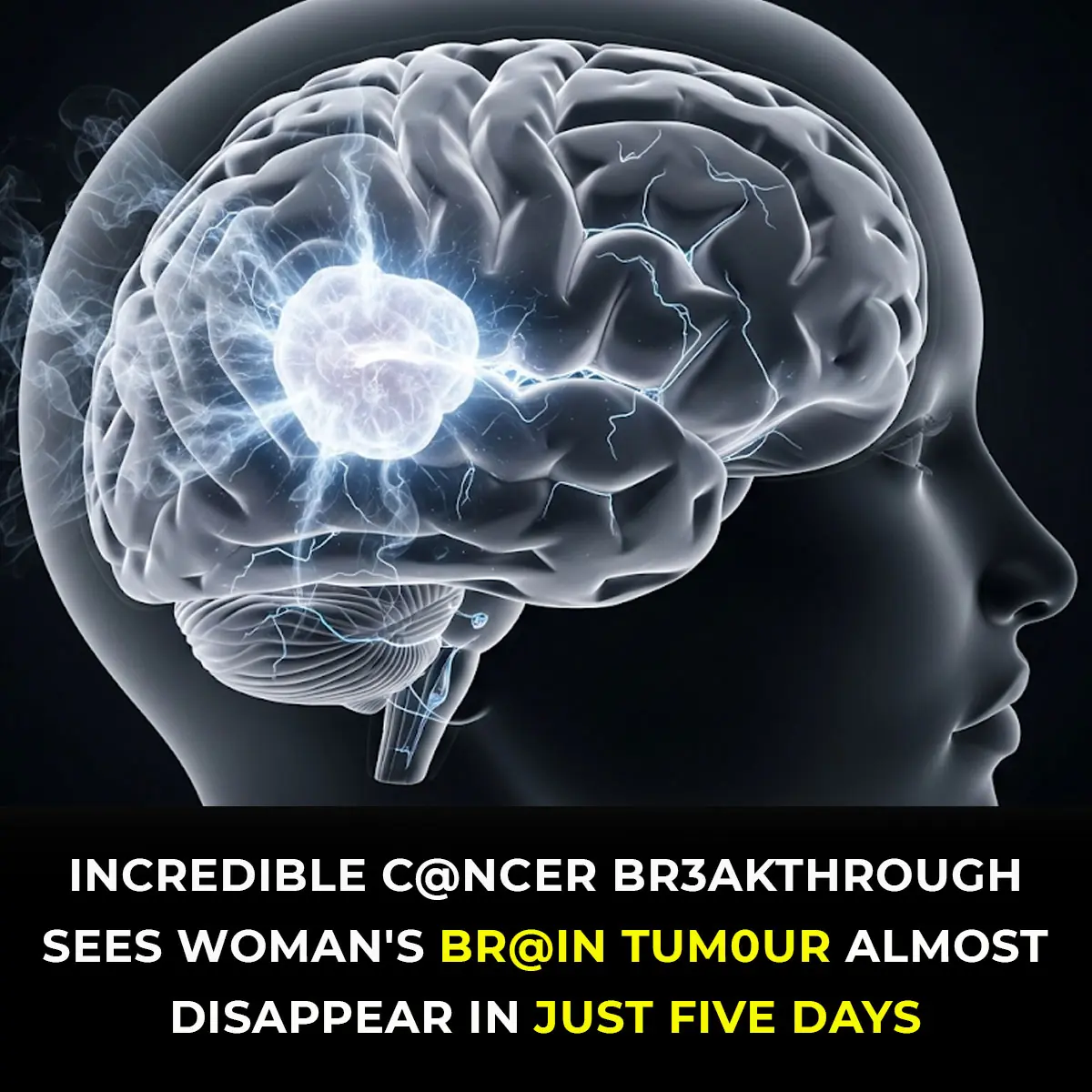
Woman’s Inoperable Brain Tumor Shrinks In Just Five Days Thanks To Cancer Breakthrough
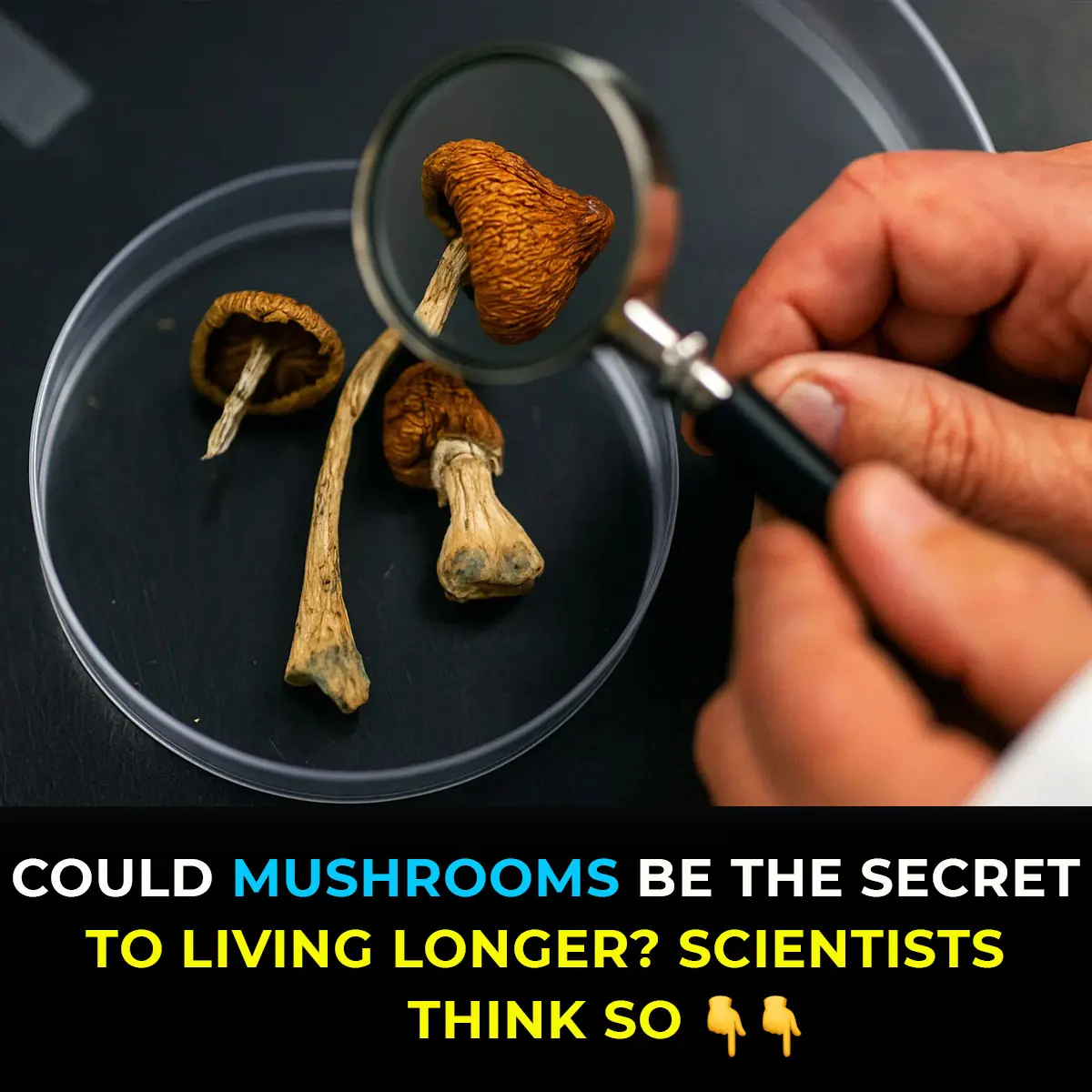
Could Psilocybin Be the Secret To Living Longer? Scientists Think So.
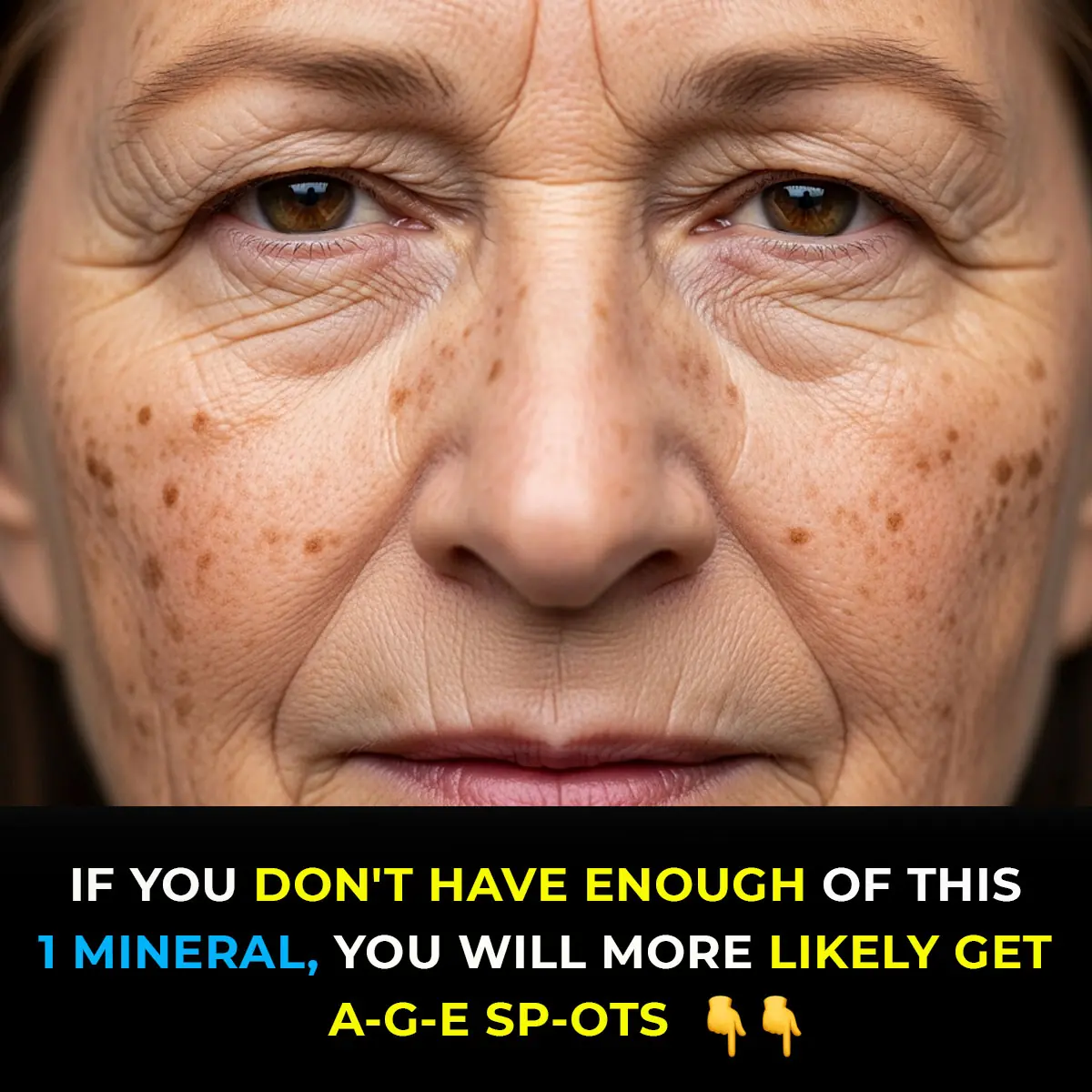
The Strengthening Power Of This One Mineral That Many Are Not Aware

EventsCalifornia On High Alert After Invasive Crab Capable Of Scaling 13-Foot Walls Discovered

A Late-Night Uber Ride That Changed a Life.

The Only Thing My Late Dad Left Me Was a Rusty Key, and I Thought It Was a Joke Until My Cousin Offered Me $10,000 for It – Story of the Day

You Should Never Ignore These 9 Things Your Fingernails Reveal About Your Health
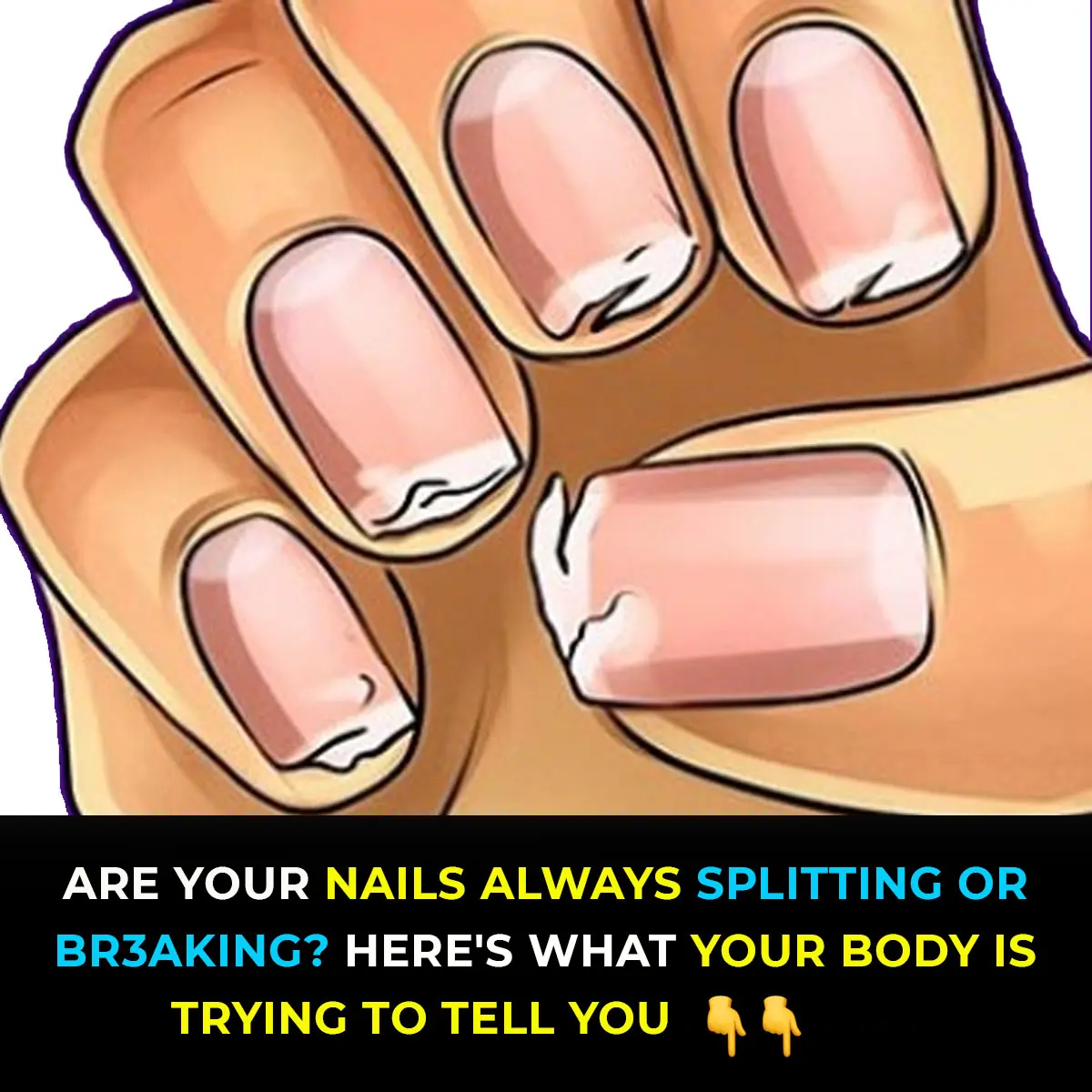
Scientists Warn Foot-Long “Demonic Flesh-Eating” Worms Are Invading The U.S.—Here’s What To Do

Officials Warn Tourists As Giant Toxic Jellyfish Washes Ashore At Popular Beach
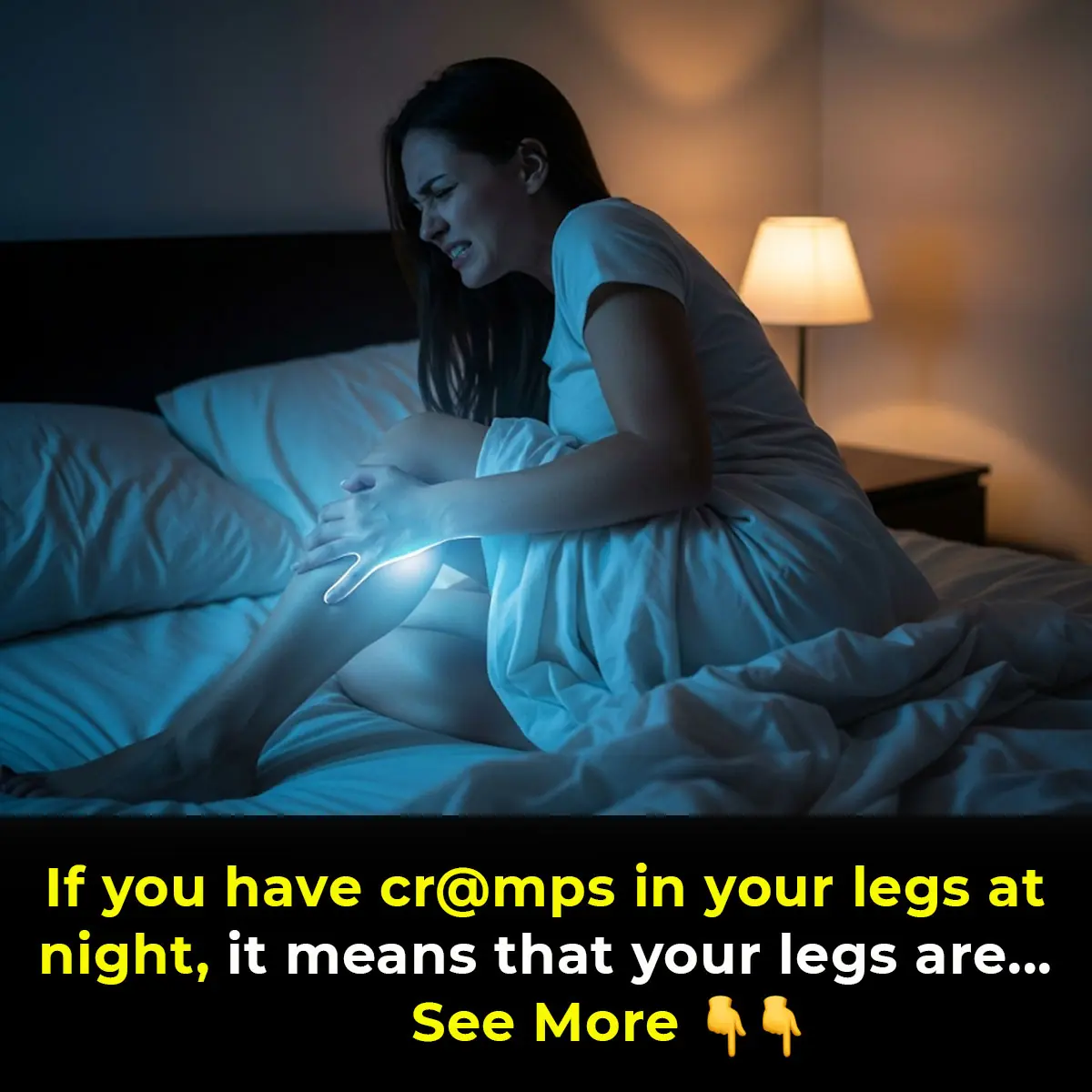
When Nighttime Leg Cramps Become a Concern

One Month Before A Heart Attack, Your Body Will Warn You Of These 7 Signs

Coca‑Cola Fires Back After Trump Claims He Switched The Coke Recipe

Researchers Sound Alarm Over Surge In Anal Cancer And High-Risk Populations

5 Things Doctors Say You Should Never Give Your Kids to Help Prevent C@ncer
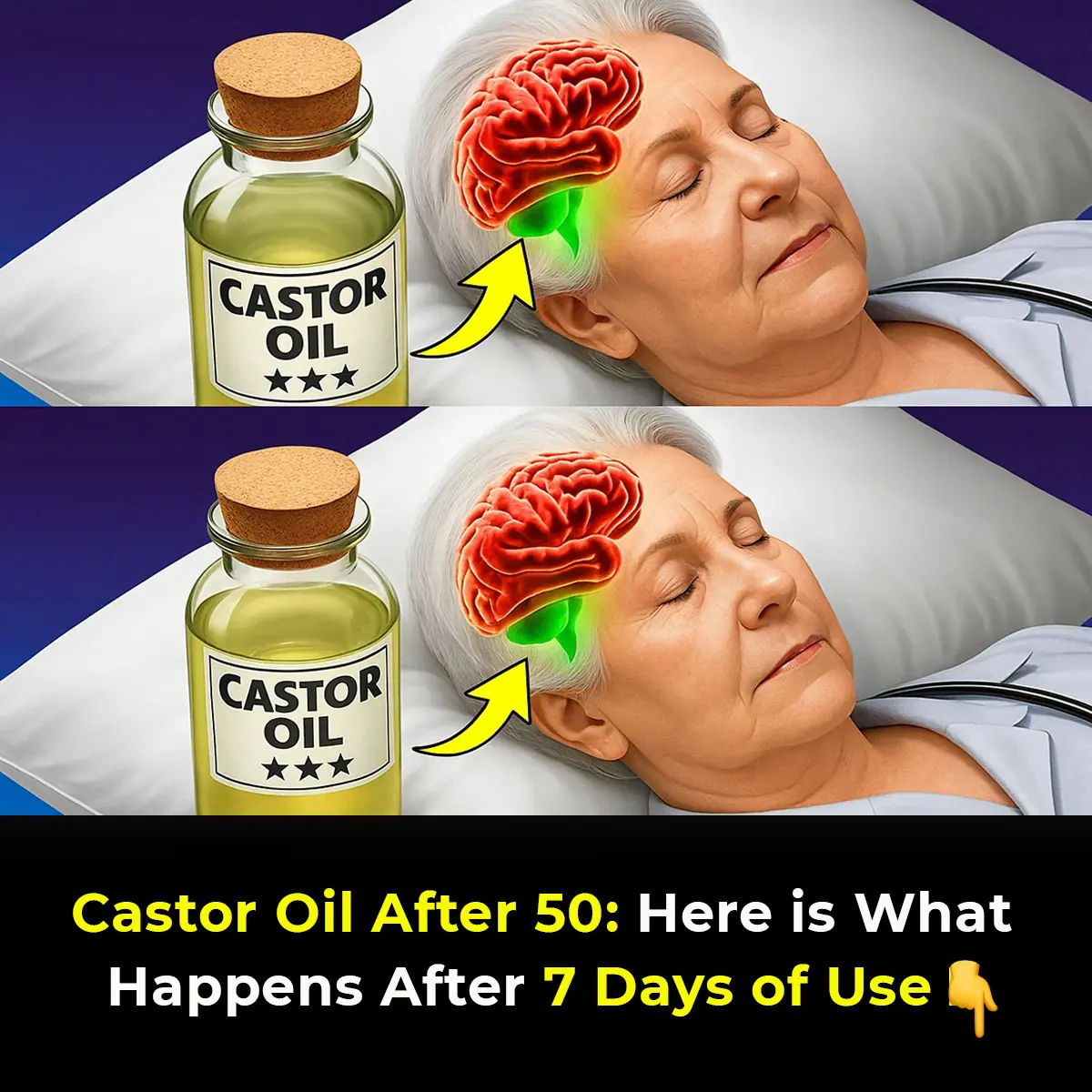
6 Powerful Castor Oil Benefits for Your Health and Wellness

A Wild Kingfisher, Three Generations, and the Unspoken Language of Love.

More Than a Win: The True Victory of the Cooma North Boys.

Moment two AI agents realise they're talking to another AI and switch to their own bizarre language
